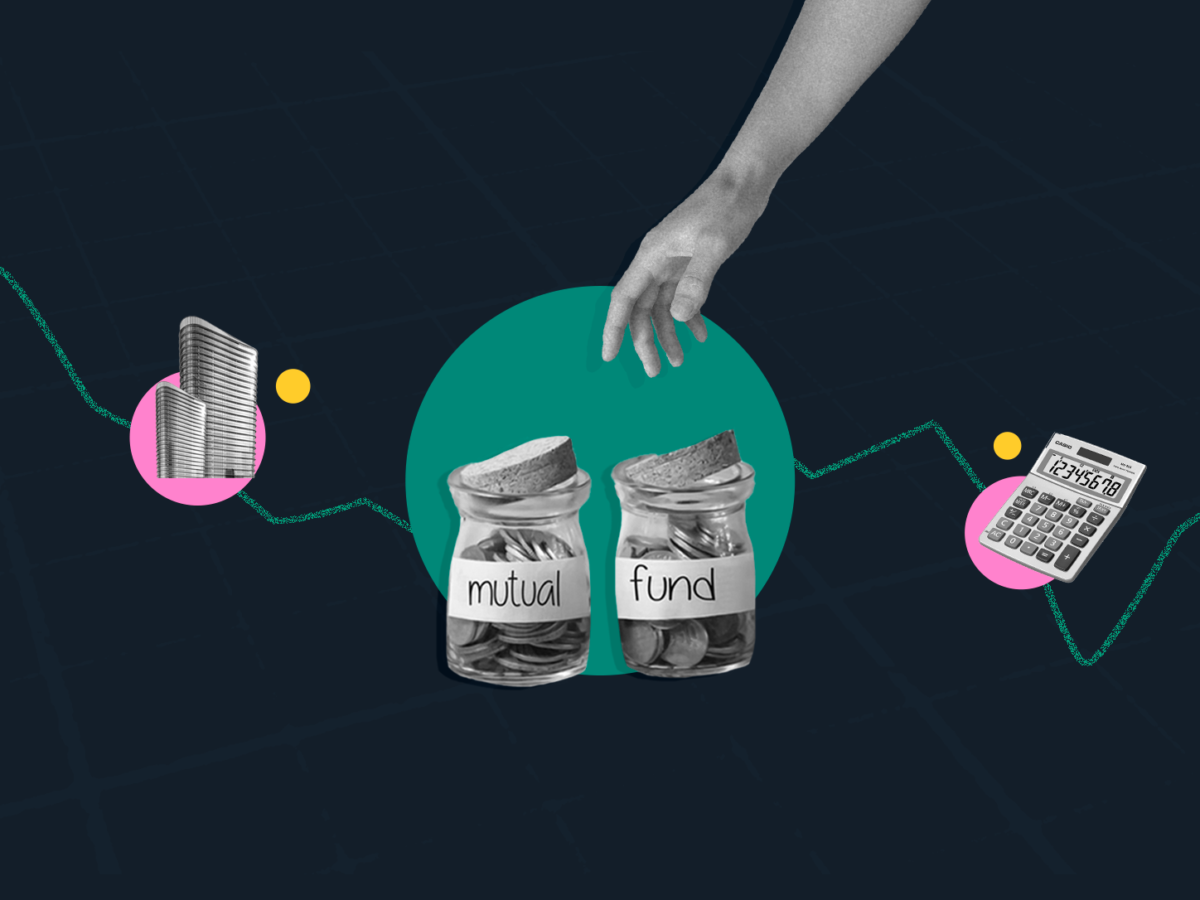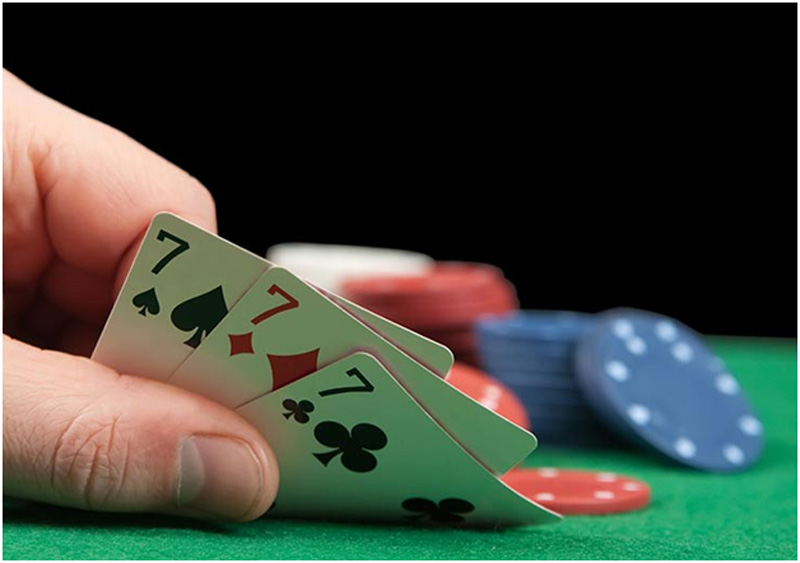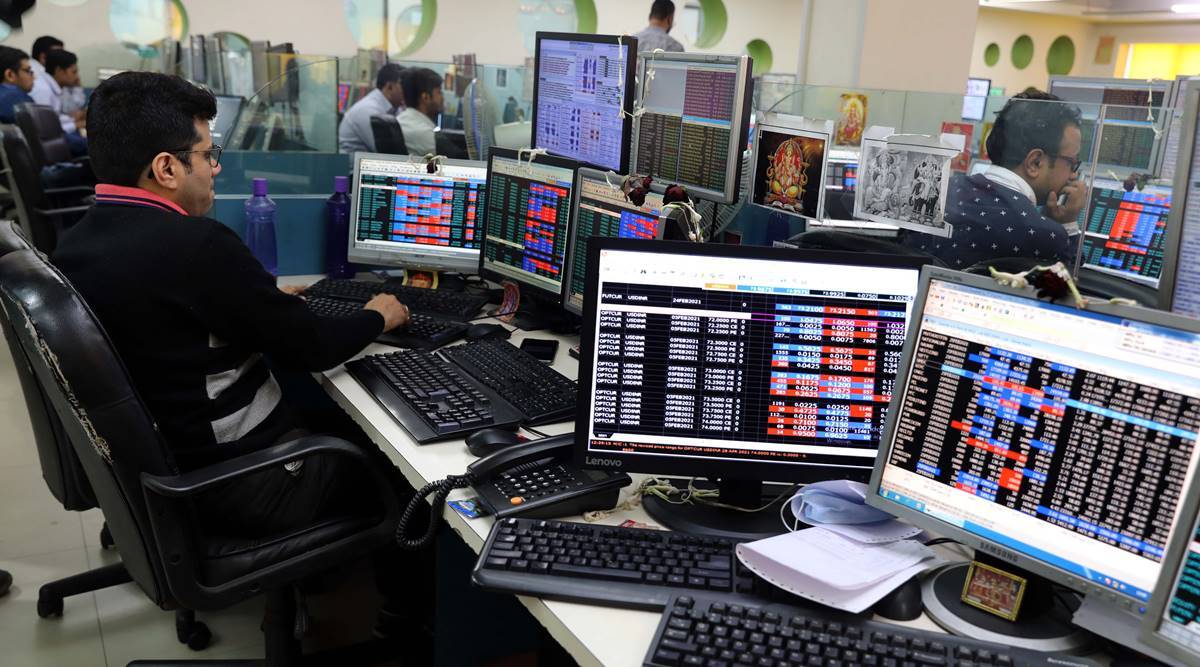Mental illness: Its Types and Treatments Available
As per a 2019 study, 7.5% of India’s total population suffers from mental health issues. By the end of 2020, the percentage of individuals suffering from mental disorders is expected to reach 20%.
Given that the treatment gap, indicating the proportionate prevalence of these illnesses to those receiving treatments, remains well above 70%, mental illness is among the commonest health issues that Indians battle.
A lack of adequate care and treatment for individuals suffering from mental disorders can be primarily attributed to the lack of awareness regarding these health conditions. Although recent times have seen a growing recognition and acknowledgement of mental health issues like depression, a lot remains to be acted on.
So, here are some of the common mental illnesses along with their treatments for increased awareness and timely treatment.
Types of mental illnesses – An overview
The typical signs of mental illnesses can be observed from subtle to severe behavioural changes in individuals. Other signs can also be a depleting quality of life of individuals with a mental disorder. Thus, based on observations, tests, and research results, experts outline the following as the most common health issues concerning one’s mental well-being.
- Depression
It is quite common to come across one or the other individual in your surrounding with depression. Among the prevalent causes of depression include peer pressure, increasingly competitive surroundings, lack of empathy, etc.
Individuals experiencing depression for a prolonged period also develop a persistent depressive disorder, better known in the medical world as dysthymia, which can critically interfere with one’s everyday life.
- Bipolar disorder
One of the chronic mental health issues, bipolar disorder affects an individual’s ability for reasoned and logical thinking while also affecting their energy levels. An individual with the disorder can show symptoms at two extremities of depressive lows and energetic highs along with frequent mood swings.
- Moderate to severe anxiety disorders
Anxiety disorders surface as mental illnesses that cause aggravations in anxious tendencies beyond the regular nervousness. These disorders can interfere with one’s day-to-day living significantly, disrupting their accomplishments at even everyday tasks.
- PTSD
Post-traumatic stress disorder or PTSD is often a mental health issue that results from an individual undergoing a traumatic experience. The ones suffering from PTSD often exhibit behaviours like hostility, agitation, irritability, etc. Patients can also experience insomnia, nightmares, go under self-isolation, face acute anxieties, among other symptoms.
- Obsessive-Compulsive Disorder
More commonly known as OCD, this mental disorder exhibits signs of repetitive thoughts and constant worries. Patients carry out such behaviours under compulsions, which can turn out to be severely obsessive over time.
Other common mental health issues observed include social anxiety disorder, schizophrenia, etc. Treatments for such illnesses usually vary from one patient to another, depending on the type of disorder and its severity.
Treatments for mental illnesses usually involve a multi-pronged approach and extend over time, starting from a few weeks to stretching well over a few months for severe cases.
The financing involved in such treatments and consultations can be fulfilled through Health EMI Network Cards from Bajaj Finserv that help mitigate the immediate healthcare financing burden.
These cards are easy to avail, and one can also check their health card status from time to time to ensure optimum utilisation of the available funds.
Treatments for mental illnesses
As already mentioned, treatments for mental illnesses often comprise several approaches in suitable proportions based on the disorder type. Also, it is critical to know that mental health issues do not have a cure. Instead, the treatments and consultations allow patients to manage them in a way that does not hinder day-to-day living.
The common treatment approaches for mental illnesses include –
- Medication
Adhering to prescribed medications can help in the reduction of symptoms in patients, thus helping them cope with daily life efficiently. Medications for mental illnesses are prescribed as anti-depressants, anti-psychotic pills, mood stabilisers, anti-anxiety medicines, etc.
- Psychotherapies
Psychotherapy usually involves consulting a healthcare specialist for discussions regarding one’s behavioural changes, recurring feelings, state of mind, etc. Psychotherapies have critically contributed to restoring mental well-being of patients and have proven to be one of the most effective treatment methods.
- Treatments via brain stimulation
Brain stimulation treatments are mostly resorted to in cases where the above two treatments fail to bear desired results.
Other treatments for mental health issues include lifestyle treatments and remedies, residential treatments at specialised healthcare centres, etc.
While these are effective solutions to attain mental well-being, they can also be a source of financial burden in the long run. One can thus look for available funding options that can help them pay for medical bills conveniently while allowing repayment over a long tenor.
As already mentioned, one can apply for a health card, receive quick approval to utilise funds of up to Rs.4 lakh and defer immediate healthcare expenditure. With a simple health card status check, they are also easy to manage, thus becoming a suitable source of funding medical expenses related to various treatments, including those for mental illnesses.










